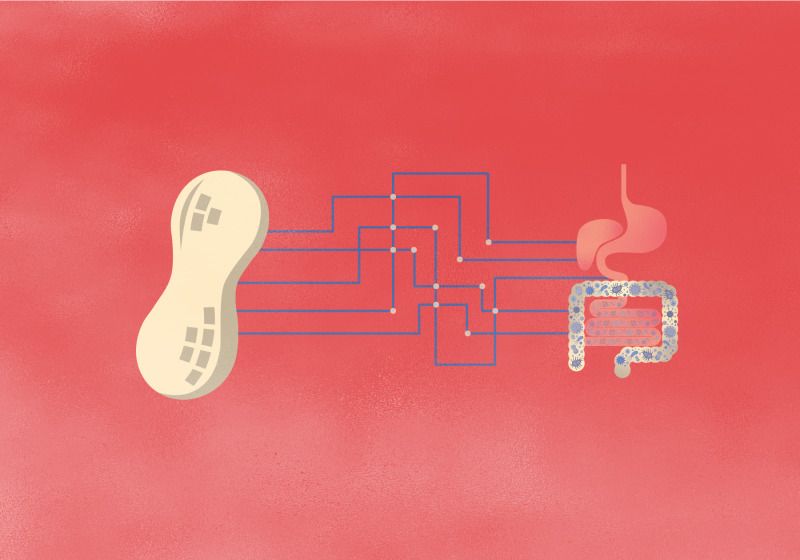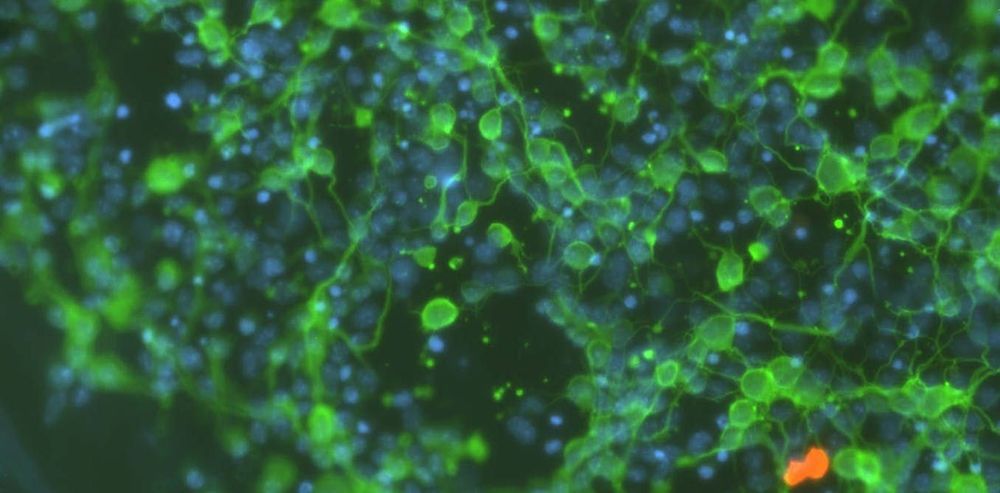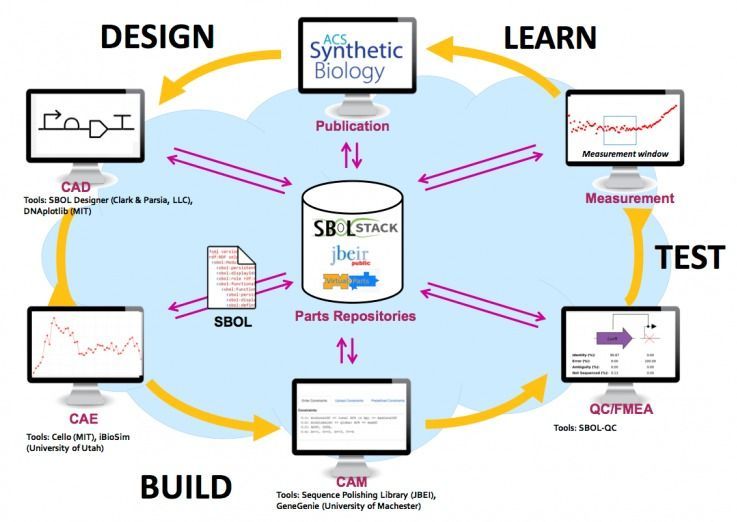As evidence grows that gut bacteria play roles in the development and persistence of food allergies, researchers begin to explore microbe-based interventions.



Despite their names, artificial intelligence technologies and their component systems, such as artificial neural networks, don’t have much to do with real brain science. I’m a professor of bioengineering and neurosciences interested in understanding how the brain works as a system – and how we can use that knowledge to design and engineer new machine learning models.
In recent decades, brain researchers have learned a huge amount about the physical connections in the brain and about how the nervous system routes information and processes it. But there is still a vast amount yet to be discovered.
At the same time, computer algorithms, software and hardware advances have brought machine learning to previously unimagined levels of achievement. I and other researchers in the field, including a number of its leaders, have a growing sense that finding out more about how the brain processes information could help programmers translate the concepts of thinking from the wet and squishy world of biology into all-new forms of machine learning in the digital world.

Introducing the SBOL Industrial Consortium
To this end, a group of companies are now launching a pre-competitive consortium to support the industrial application of these technologies. The SBOL Industrial Consortium is a non-profit organization supporting innovation, dissemination, and integration of SBOL standards, tools and practices for practical applications in an industrial environment. The six founding companies of the consortium are Raytheon BBN Technologies, Amyris, Doulix, IDT, Shipyard Toolchains, TeselaGen, and Zymergen, representing a diverse set of interests and business models across the synthetic biology community.
The SBOL Industrial Consortium will facilitate industry-focused development of representational technologies in several ways. The consortium will help coordinate development of standards and tools, both with the academic community and from member to member, in order to ensure that the SBOL standards are well-tuned to support the specific industrial needs of the members of the consortium. Financial support will also be provided by the consortium for selected projects and activities, and for key pieces of community infrastructure.


How do the communities of microbes living in our gastrointestinal systems affect our health? Carnegie’s Will Ludington was part of a team that helped answer this question.
For nearly a century, evolutionary biologists have probed how genes encode an individual’s chances for success—or fitness—in a specific environment.
In order to reveal a potential evolutionary trajectory biologists measure the interactions between genes to see which combinations are most fit. An organism that is evolving should take the most fit path. This concept is called a fitness landscape, and various mathematical techniques have been developed to describe it.

The most probable mainstream non-invasive way to transfer human consciousness in the intermediate future, with initial stages in the 2030s, could be the convergence of optogenetics, nanotechnologies, neuroengineering, Cloud exocortex and an array of neurotechnologies allowing to connect our wetware directly to the Cloud.
Initially, each of us will have a personal exocortex in the Cloud, the third non-biological “de-cerebral” hemisphere, which will be in constant communication with the other two biological brain hemispheres.
At some point, this “third hemisphere,” will have a threshold information content and intimate knowledge of your biology, personality and other physical world attributes in order to seamlessly integrate with your persona as a holistic entity.

Conscious “free will” is problematic because brain mechanisms causing consciousness are unknown, measurable brain activity correlating with conscious perception apparently occurs too late for real-time conscious response, consciousness thus being considered “epiphenomenal illusion,” and determinism, i.e., our actions and the world around us seem algorithmic and inevitable. The Penrose–Hameroff theory of “orchestrated objective reduction (Orch OR)” identifies discrete conscious moments with quantum computations in microtubules inside brain neurons, e.g., 40/s in concert with gamma synchrony EEG. Microtubules organize neuronal interiors and regulate synapses. In Orch OR, microtubule quantum computations occur in integration phases in dendrites and cell bodies of integrate-and-fire brain neurons connected and synchronized by gap junctions, allowing entanglement of microtubules among many neurons. Quantum computations in entangled microtubules terminate by Penrose “objective reduction (OR),” a proposal for quantum state reduction and conscious moments linked to fundamental spacetime geometry. Each OR reduction selects microtubule states which can trigger axonal firings, and control behavior. The quantum computations are “orchestrated” by synaptic inputs and memory (thus “Orch OR”). If correct, Orch OR can account for conscious causal agency, resolving problem 1. Regarding problem 2, Orch OR can cause temporal non-locality, sending quantum information backward in classical time, enabling conscious control of behavior. Three lines of evidence for brain backward time effects are presented. Regarding problem 3, Penrose OR (and Orch OR) invokes non-computable influences from information embedded in spacetime geometry, potentially avoiding algorithmic determinism. In summary, Orch OR can account for real-time conscious causal agency, avoiding the need for consciousness to be seen as epiphenomenal illusion. Orch OR can rescue conscious free will.
Keywords: microtubules, free will, consciousness, Penrose-Hameroff Orch OR, volition, quantum computing, gap junctions, gamma synchrony.
We have the sense of conscious control of our voluntary behaviors, of free will, of our mental processes exerting causal actions in the physical world. But such control is difficult to scientifically explain for three reasons:

Biology student Mattia Menchetti performed an experiment on a colony of European paper wasps which yielded some very colorful results. Paper wasps are known for their water-resistant nests constructed out of fibers of dead wood and plant stems which have been chewed into a pulp and mixed with saliva. Menchetti provided a captive colony of these wasps with colored paper and in a beautiful display of entomological artwork, the insects produced a vibrant, rainbow nest.
Menchetti began by giving the wasps bits of yellow paper, and slowly introduced more and more multicolored sheets. The colony happily made use of the material to construct a sturdy, technicolor home to house their larvae. Paper wasps are some of the most common wasp species, typically seen in backyards around North America. They tend to establish a single nest across multiple seasons and generations; for this reason, their homes must be incredibly durable. A protein found in the saliva of these wasps is actually so effective at waterproofing their nests that it has been used by scientists to construct a biodegradable drone.
Menchetti has performed a variety of scientific studies about insects, mammals, and the ecology of alien species, which he explains in further detail on his website.